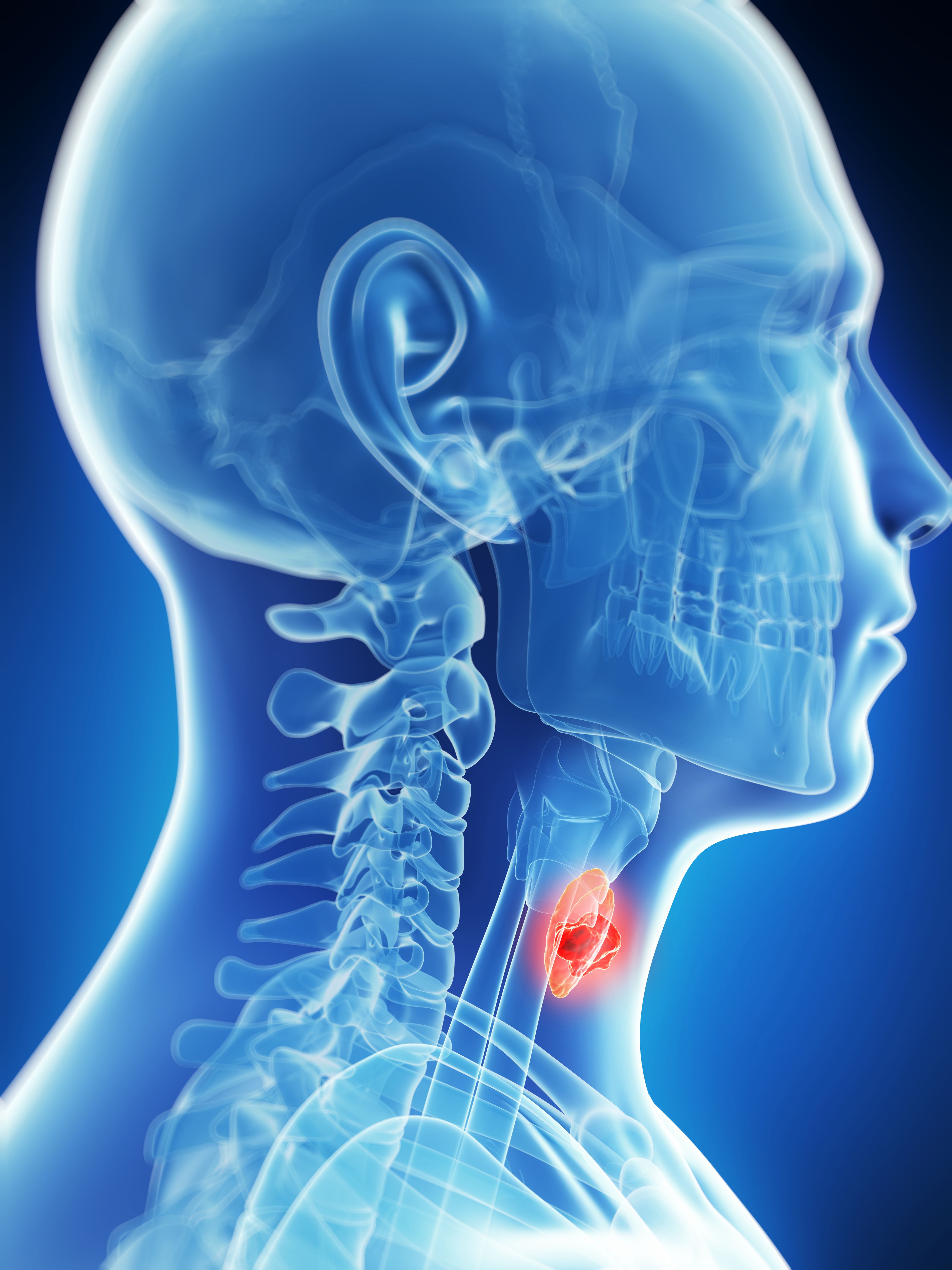Yoga May Reduce Physical Decline in HNC Population Receiving Radiotherapy
A yoga intervention program in patients with head and neck cancer appears to correlate with significantly fewer feeding tube placements compared with those receiving usual care.
“These results demonstrate that a focused yoga intervention can be successfully delivered in person or online not only to patients with cancer undergoing radiation therapy but also to their caregivers,” according to Charu Aggarwal, MD, MPH, FASCO.

A yoga program that included caregivers may reduce adverse effects (AEs) associated with physical functioning decline in patients with head and neck cancer who are undergoing treatment with radiotherapy, according to a news release from the American Society of Clinical Oncology (ASCO).
Findings from a study highlighted that 88% of patients assigned to the yoga intervention attended a minimum of 10 sessions, which included 13.1 sessions among those assigned to yoga with their caregiver and 13.3 sessions among patients assigned to yoga on their own. Investigators observed a significant effect on patient-reported physical function and nutrition among those participating in yoga intervention compared with those receiving usual care.
There were significantly fewer feeding tubes placed for those in both yoga intervention groups compared with patients undergoing usual care. Additionally, investigators highlighted a marginally significant impact on emergency department visits among those who were included in the yoga intervention arm. There was not a significant effect for hospital admissions among patients assigned to the yoga program.
“This study is one of the first to compare a patient-oriented behavioral intervention delivery to one that includes patients and their caregiver,” Kathrin Milbury, PhD, associate professor in the Department of Behavior Science at the University of Texas MD Anderson Cancer Center in Houston, Texas, said in the news release.
“I believe the lack of significant group difference between the patient-only yoga and patient-caregiver yoga groups is related to the high session attendance in both yoga groups. One of the benefits of yoga is the immediate stress relief, and as such our participants experience the benefit early on in the program.”
The study assessed the impact of supportive care among 100 patients with head and neck cancer who were set to receive at least 25 fractions of radiation, as well as their caregivers. Investigators randomly assigned patients to participate in yoga intervention alongside their caregivers (n = 34) or on their own (n = 33). The remaining patients received usual care (n = 33).
The yoga programs were designed to include 15 sessions that coincided with each patient’s radiotherapy schedule, allowing them to attend either in-person or virtually as a video conference. Additionally, the programs emphasized poses that stretched and strengthened the neck and facial muscles, whole-body postures for muscle loss prevention, and breathing and meditation exercises to facilitate relaxation, which were all believed to mitigate common AEs associated with therapy for head and neck cancer.
The mean patient age was 60.3 years, and most of the population was male (85%). Additionally, most patients were non-Hispanic White (79%) followed by White Hispanic (16%), Black (2%), Asian (2%), and biracial (1%). Additionally, 67% of patients were diagnosed with early-stage cancer, and 54% underwent radiation concurrently with chemotherapy.
The median caregiver age was 54.9 years. Investigators reported that 83% of caregivers were women. Additionally, most caregivers were non-Hispanic White (73%), White Hispanic (15%), Asian (7%), biracial (3%), and Black (2%).
“These results demonstrate that a focused yoga intervention can be successfully delivered in person or online not only to patients with cancer undergoing radiation therapy but also to their caregivers,” Charu Aggarwal, MD, MPH, FASCO, a physician leader of Airways Malignancies Research, director of Precision Oncology Innovation at Penn Center for Cancer Care Innovation, and Leslye M. Heisler Associate Professor for Lung Cancer Excellence, said. “Such an intervention can be beneficial for physical functioning, recovery, and nutrition intake.”
Investigators will present results from their study at the 2023 ASCO Quality Care Symposium.
Reference
Yoga may help prevent treatment-related complications in patients with head and neck cancer undergoing radiation. News release. American Society of Clinical Oncology. October 23, 2023. Accessed October 24, 2023. https://shorturl.at/dfxU9
Elevating the Quality of Cancer Care via Cross-Department Collaboration
Experts from Sibley Memorial Hospital discuss how multidisciplinary work has enhanced outcomes such as survival and resource use at their institution.